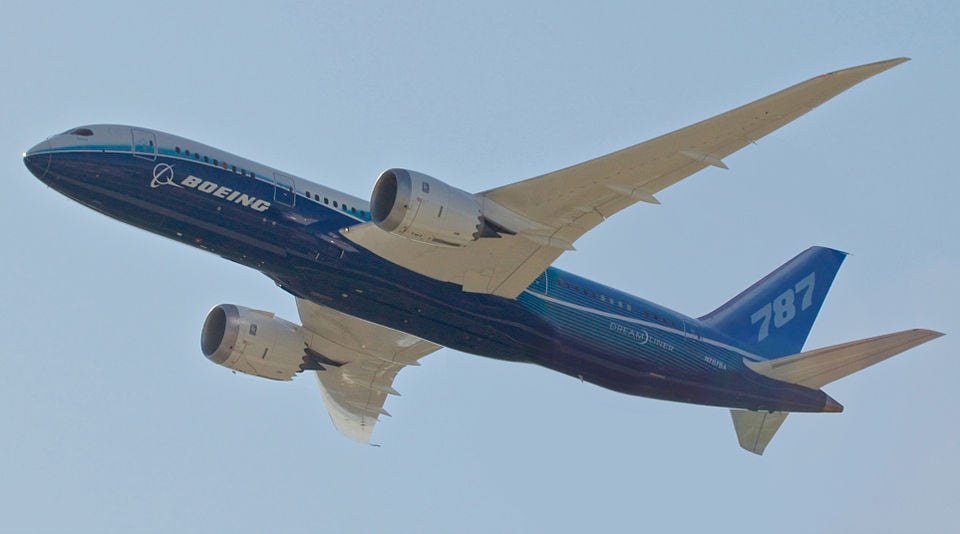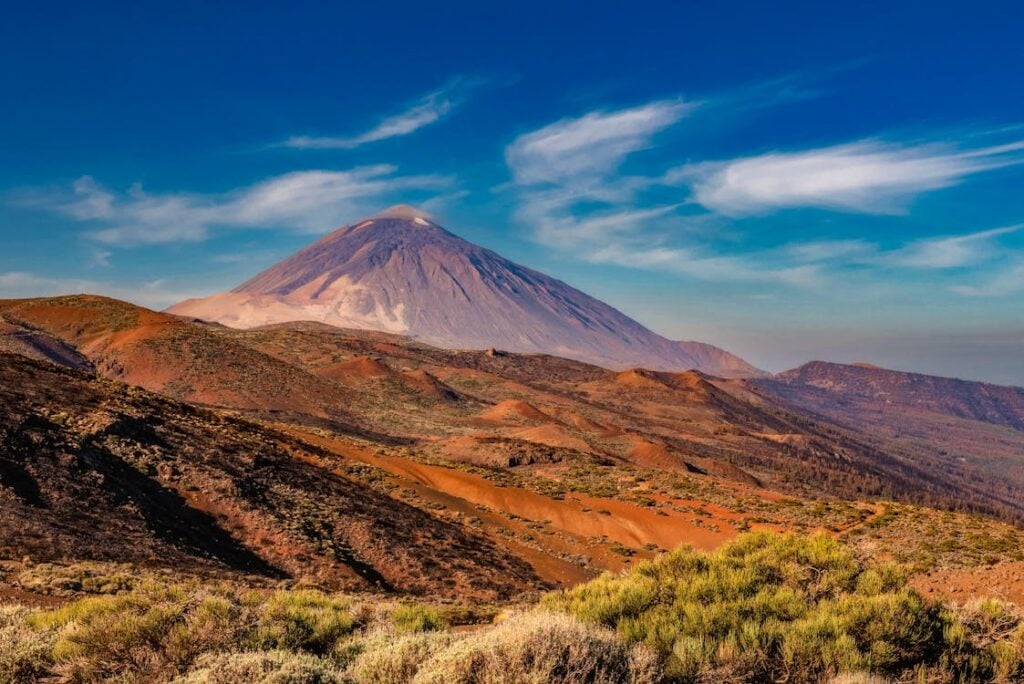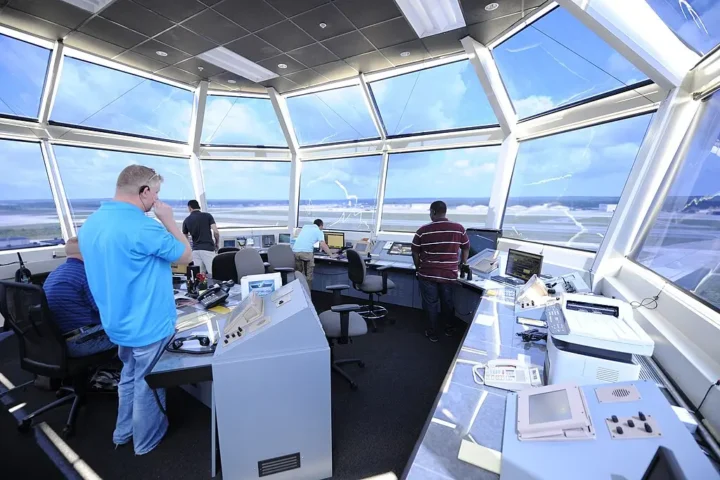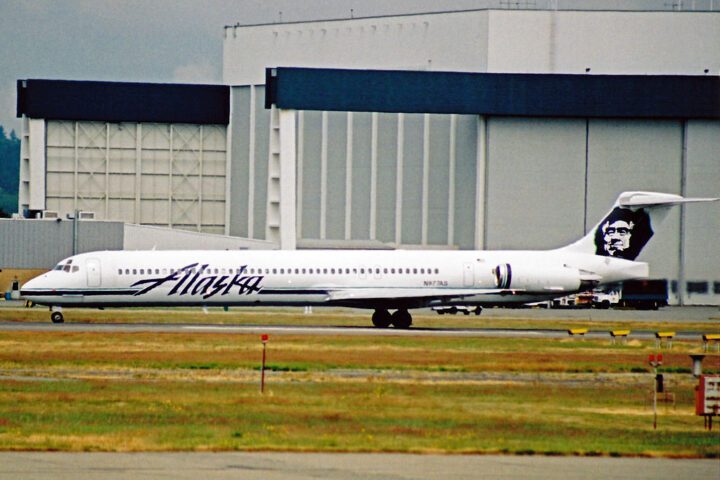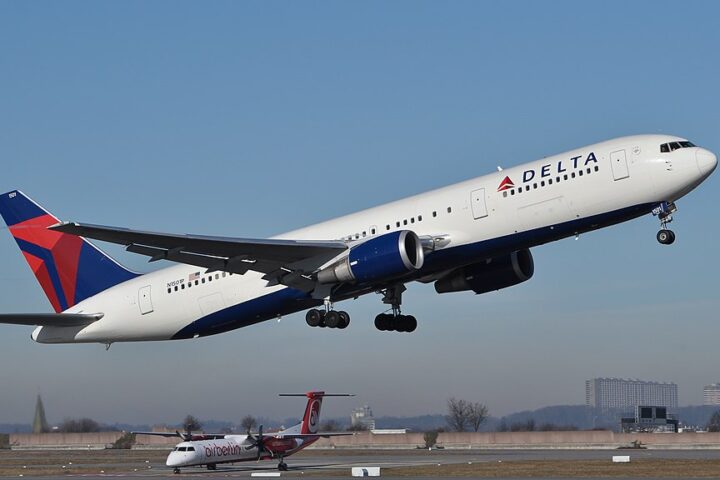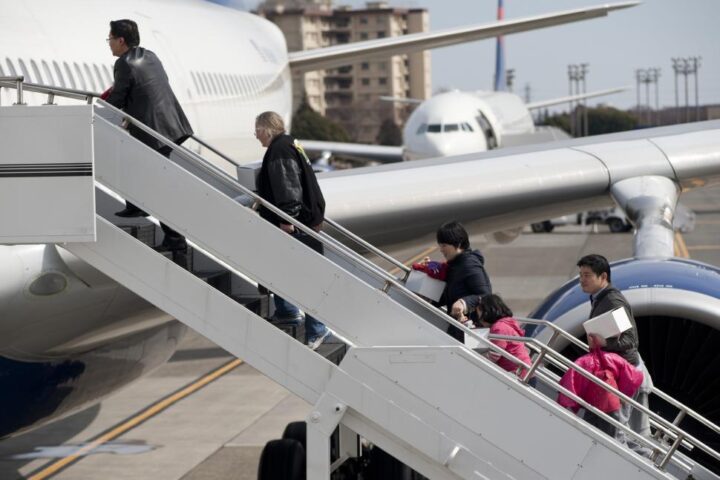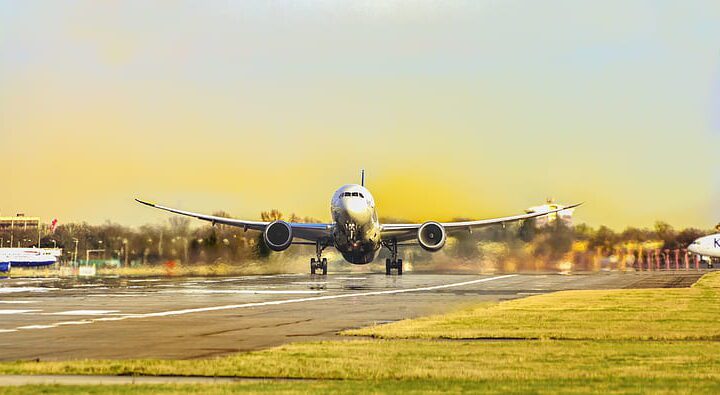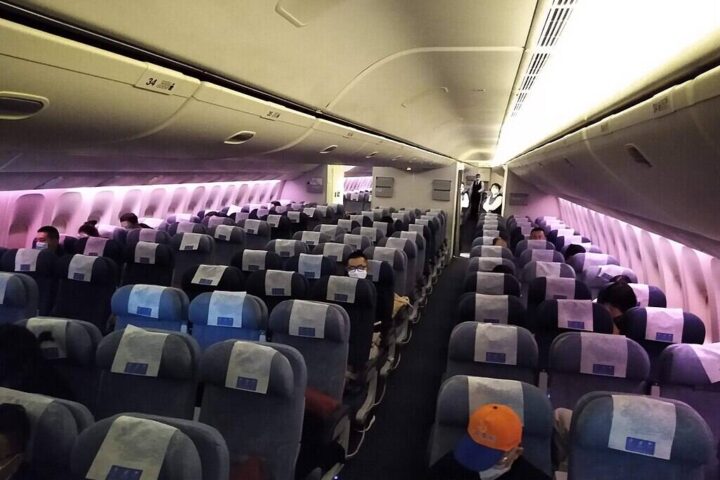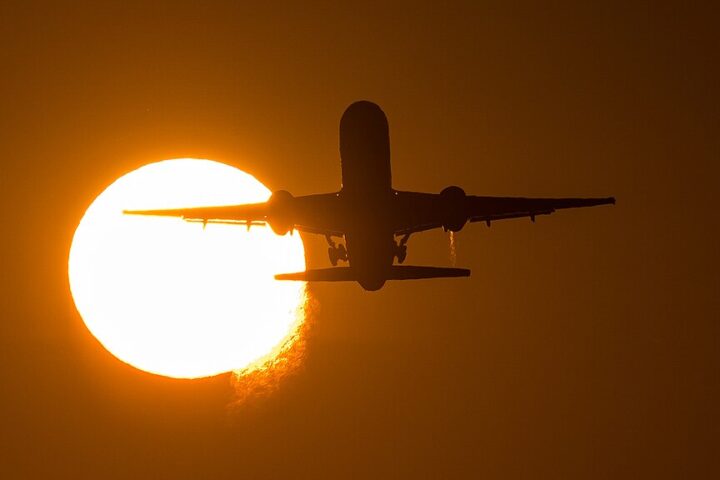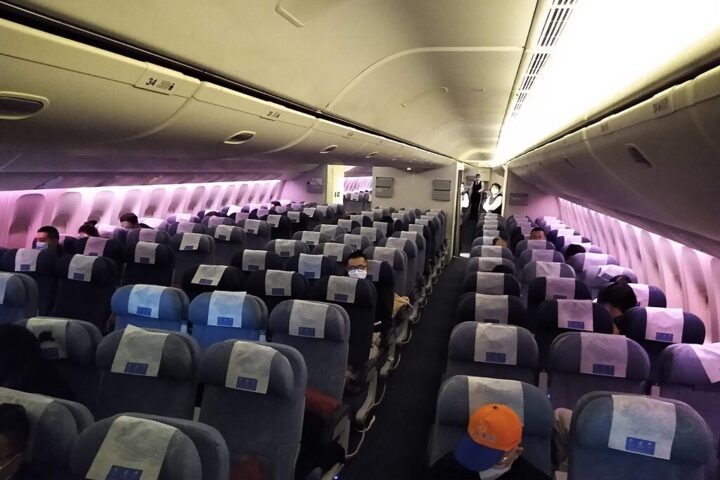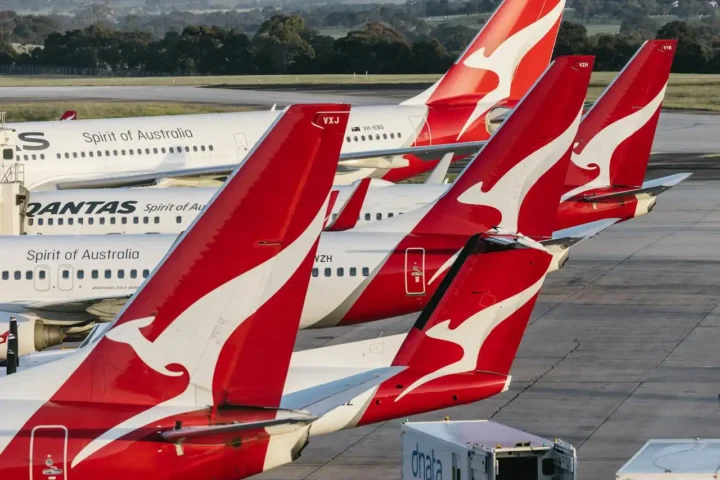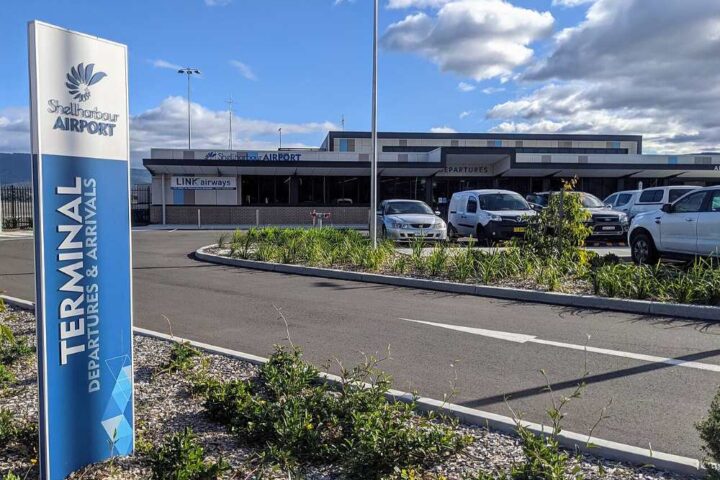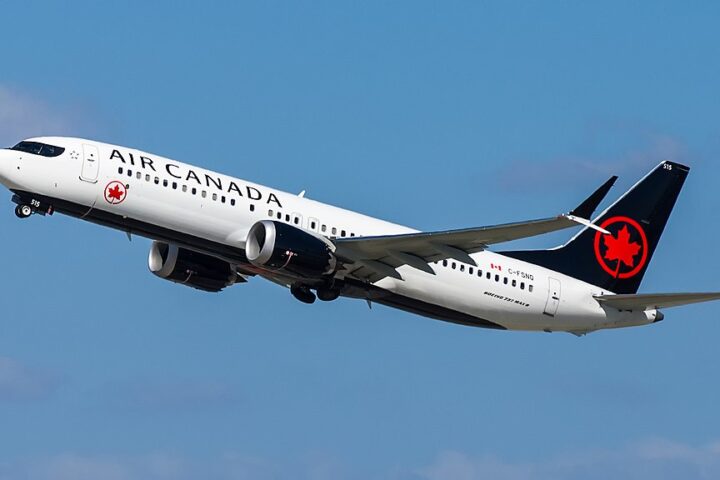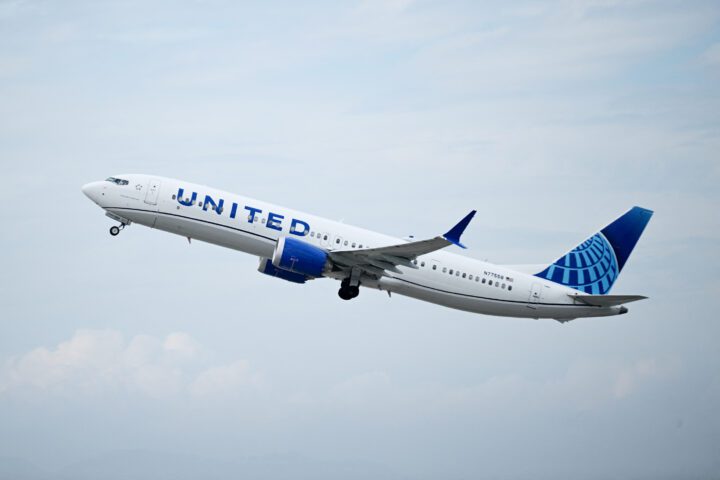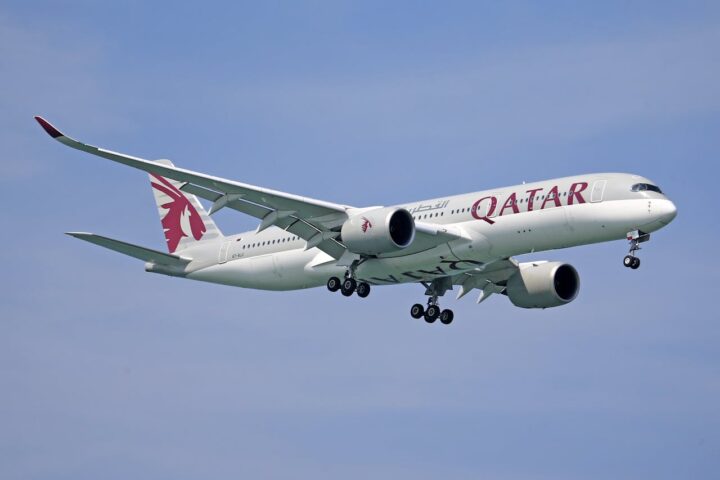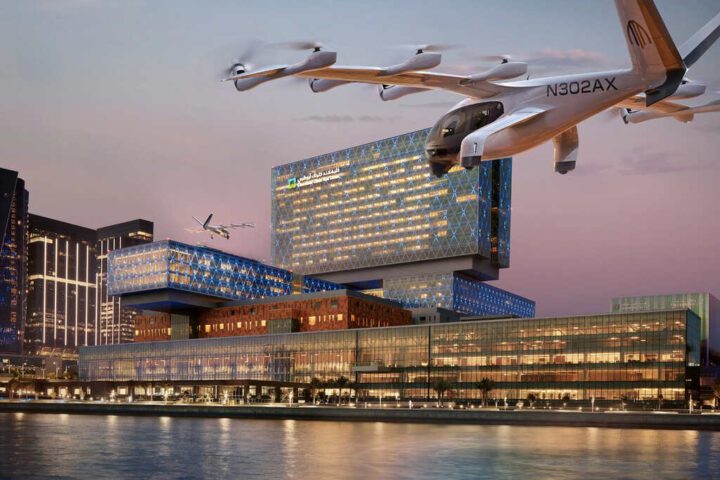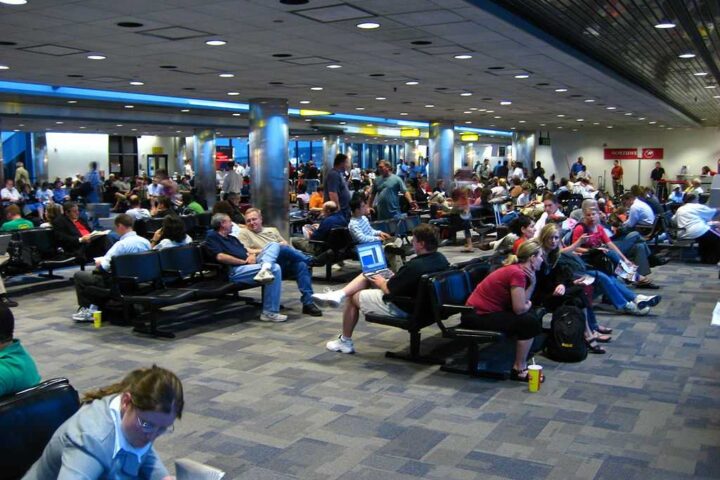Qatar Airways committed to a $96 billion purchase of up to 210 Boeing 787 Dreamliners and 777X aircraft during President Donald Trump’s visit to Doha, according to White House records. The agreement, which includes GE Aerospace engines for all aircraft, represents Boeing’s largest-ever widebody order and will support 154,000 U.S. jobs annually, totaling over 1 million jobs through the production phase.
“We just like each other,” Trump said during his meeting with Qatar’s Emir Sheikh Tamim bin Hamad Al Thani. The White House fact sheet indicates the total economic exchange from agreements signed during the visit amounts to $1.2 trillion.
The 787 Dreamliner’s composite construction provides up to 25% fuel savings compared to previous-generation aircraft, according to Boeing specifications. Quantinuum finalized a joint venture with Al Rabban Capital to invest up to $1 billion in quantum technologies and workforce development in the United States.
In defense cooperation, Qatar signed a statement of intent outlining over $38 billion in potential investments, including support for Al Udeid Air Base and capabilities in air defense and maritime security. The base serves as CENTCOM’s forward headquarters. Qatar also agreed to purchase MQ-9B remotely piloted aircraft systems from General Atomics in a deal worth nearly $2 billion. The MQ-9B SkyGuardian offers 40+ hours flight endurance, 4,750-pound payload capacity, and meets NATO STANAG-4671 requirements for civilian airspace integration.
Similar Posts
The visit brought attention to Qatar’s offer of a Boeing 747-8 jet, valued at approximately $400 million, as a temporary Air Force One. This proposal requires examination under U.S. gift acceptance laws and the Constitution’s Foreign Emoluments Clause, which requires Congressional approval for foreign gifts to federal officials. Former UN Ambassador Nikki Haley called accepting foreign aircraft gifts “never a good practice.” Senator Ted Cruz expressed concerns about potential espionage risks, while Senator Rick Scott questioned Qatar’s regional relationships.
Qatar has implemented labor reforms since hosting the 2022 World Cup. These include abolishing exit visa requirements in 2018, reforming the kafala sponsorship system to allow greater worker mobility, and establishing a non-discriminatory minimum wage in 2021. New worker protection measures and inspection protocols operate under an ILO technical cooperation program.

The agreements build on Qatar’s 2022 designation as a Major Non-NATO Ally, marking evolution from 2017 when President Trump supported a blockade over terrorism funding concerns. Qatar has since played a diplomatic role, including helping secure the release of American George Glezmann from Taliban custody in March 2025.
The commercial and defense agreements aim to strengthen regional security through enhanced base capabilities while supporting U.S. manufacturing jobs. The fuel-efficient aircraft and labor reforms address environmental and worker protection considerations in ongoing cooperation between the two nations.
